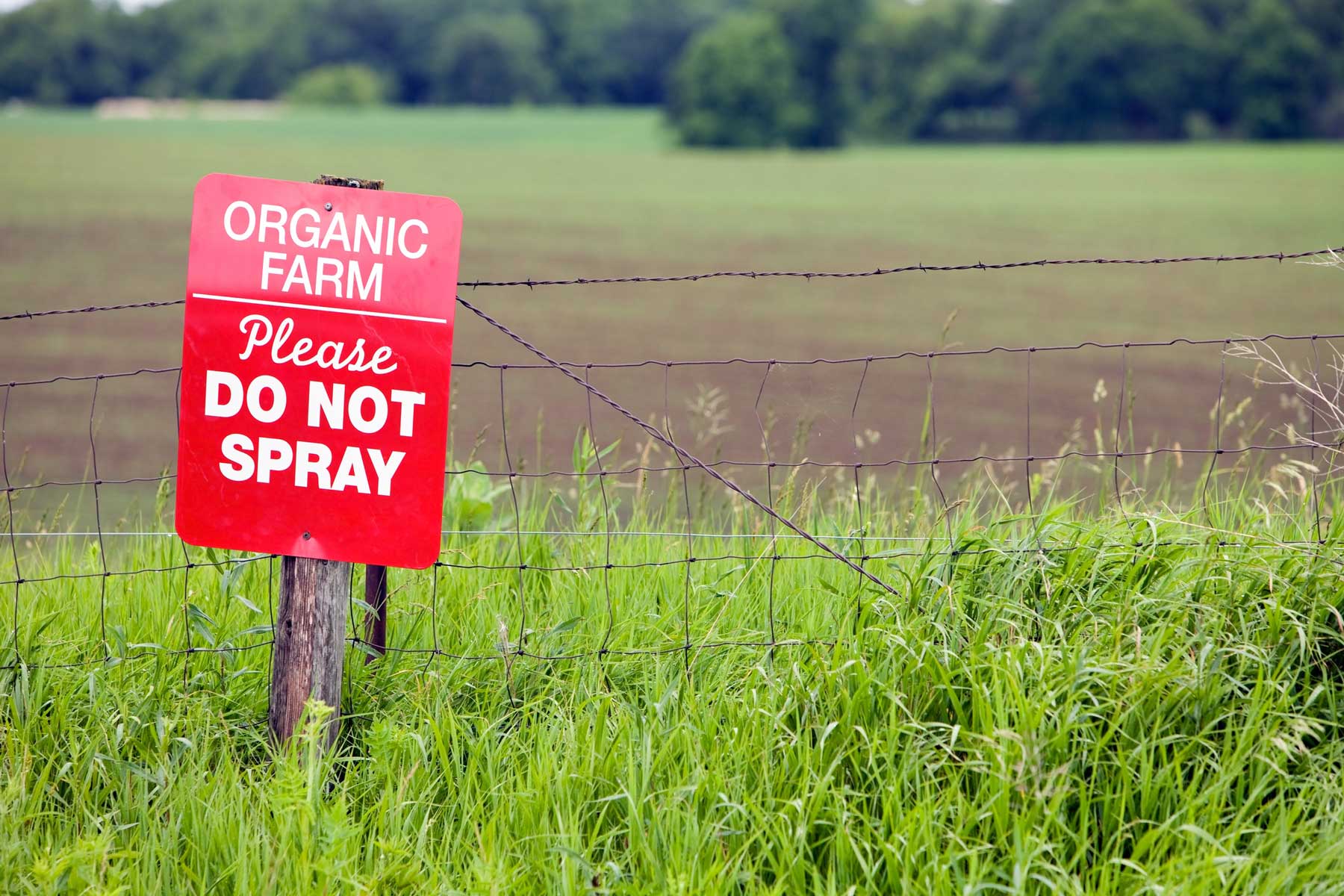Stakeholders in the organic industry are expressing both optimism and skepticism about the U.S. Department of Agriculture’s Strengthening Organic Enforcement (SOE) rule, which aims to stop fraudulent practices in the organic food market.
“Nobody knows how big the fraud is”
Gerald Herrmann, CEO of Germany-based Organic Services, GmbH, calls SOE a “game changer.”
He gives several reasons for optimism. One is that SOE will require electronic import certificates for all organic products and ingredients coming into the U.S. An importer needs to request the certificate from their certifier, and information about the importer’s product is entered into the Organic Integrity Database, which generates the certificate.
“All of the imports have to be recorded and a customs certificate has to be issued,” says Herrmann, whose company sells Check Organic fraud prevention software for the organic industry.
Backing up the customs certificates is the National Organic Program’s Organic Integrity Database, which contains “mass balance” information about a certified operation’s supply chain that produces an organic product including the amount of acreage needed to grow the product and where it is grown. This mass balance information is critical.
“With a mass balance system, you know what is produced, and what can be sold,” Herrmann says, adding that SOE “will be a powerful tool for following the quantities that are produced throughout the system.”
Herrmann emphasizes that most of the fraud in the organic market occurs at the raw commodity level with grains such as corn and soybeans and not during processing or manufacturing with adding non-organic substances or ingredients.
“Most of the fraud we’ve had in organic is not fraud by processing or manufacturing companies that add a substance that is not allowed because that is not where a lot of money is made,” he says. “The money is made with raw materials, commodities, and that’s where major fraud is happening.”
How much fraud is there in the organic market? “Nobody knows how big the fraud is,” Herrmann says. “But it is definitely there. I just see that both certifiers and regulatory authorities understand they have to look more diligently to fighting and preventing food fraud.”
Overall, Herrmann says: “SOE will strengthen that oversight because organic certifiers are forced to look into the supply chain at where product is coming from and to set up a mass balance calculation.”
“I wouldn’t buy a buy a single kernel of corn from the Black Sea”
Organic grain buyers and suppliers aren’t as optimistic about SOE. While he thinks the rule will help reduce fraud in the U.S., Lynn Clarkson, CEO of Clarkson Grain, is skeptical it will be effective stopping fraudulent imports from coming into the U.S. “I have no faith that it will work internationally. I have faith it will help here in the United States and Canada.”
Clarkson doubts the U.S. will be able to enforce the rule in other countries. “Are there fines or penalties for a trader? If the trader is based in Turkey, is he just going to lose his certification, or can we fine him or put him in jail? If we can’t do one of those two things, I don’t think we have effective enforcement.”
Clarkson says that even if an international business is caught committing organic fraud, the only thing the USDA can do is revoke their organic certification. He says the business can then hire a lawyer to help them continue committing fraud under a different name.
Mike Spangler, who handles farm and feed commodities for organic poultry company Vital Farms, also has doubts about SOE.
“I’m a little skeptical of the USDA (SOE) program. How do they make sure they are getting all the way back to the farm?”
Prior to joining Vital Farms, Spangler worked at Perdue AgriBusiness, managing sourcing of organic grains such as corn and soybeans for feed. Perdue claims to be the largest producer of organic chickens in the U.S. and had to import organic corn and soybeans for feed because the U.S. supply of such grains was insufficient.
Spangler says he visited many farms overseas and had to reject loads of grain that were claimed to be organic but weren’t.
“I flew to Romania once and met with farmers, and they talked about their soybeans as organic but they were growing non-GMO.”
“I wouldn’t buy a single kernel of corn from the Black Sea,” Spangler says, meaning Turkey, Ukraine, Russia, Romania, and others, which border the Black Sea.
In 2017, an investigative report in the Washington Post detailed fraudulent shiploads of organic corn and soybeans from Turkey and Ukraine coming to the U.S. There have been other reports of fraudulent organic grains coming from the Black Sea.
Still, Spangler says: “Are all imports fraudulent, absolutely not, but you need to ask questions, do your homework, and travel, travel, travel.”
He does have some optimism for SOE. “My hope is that SOE does strengthen the entire supply chain and not just rely on paper trails.”









